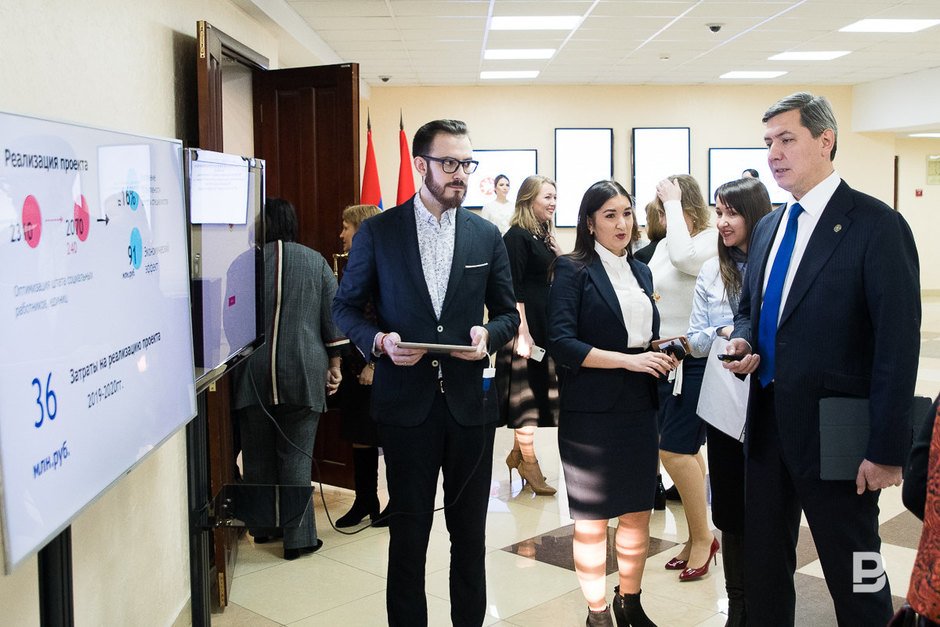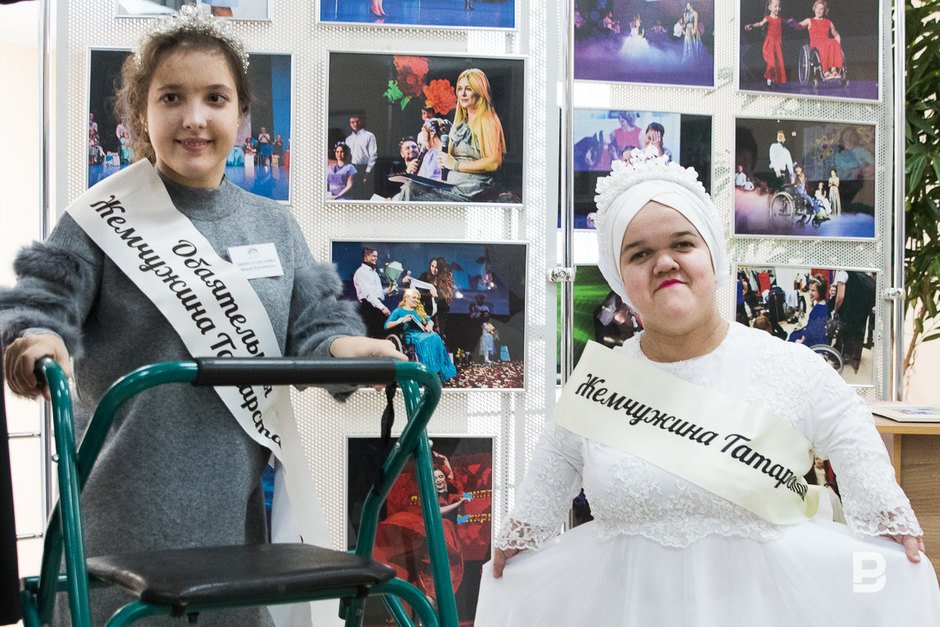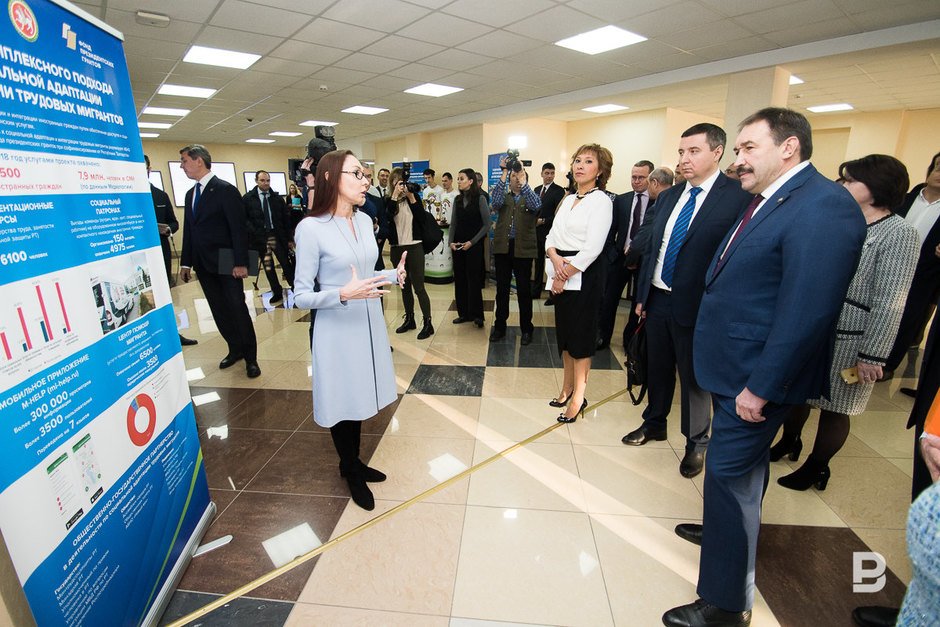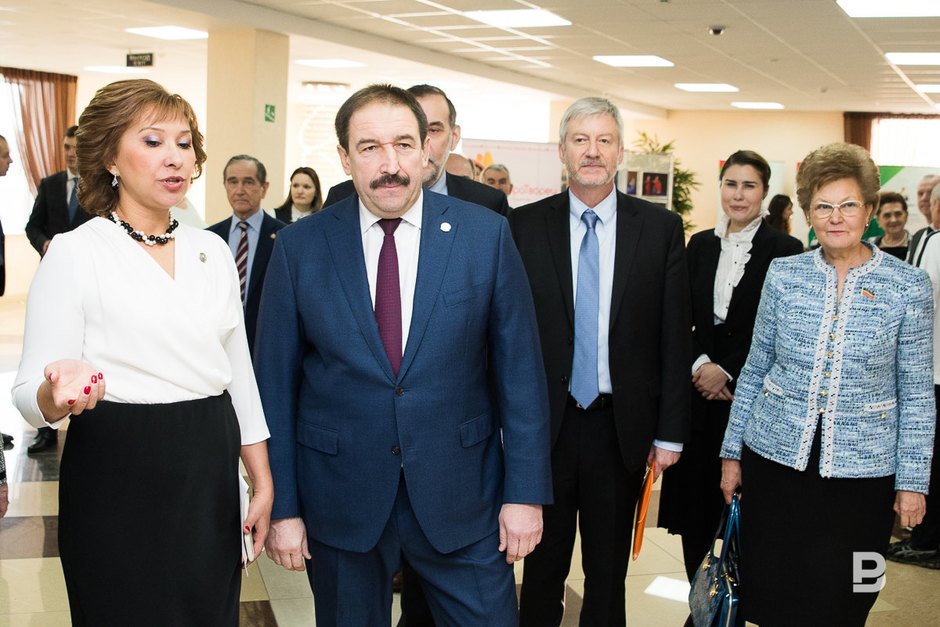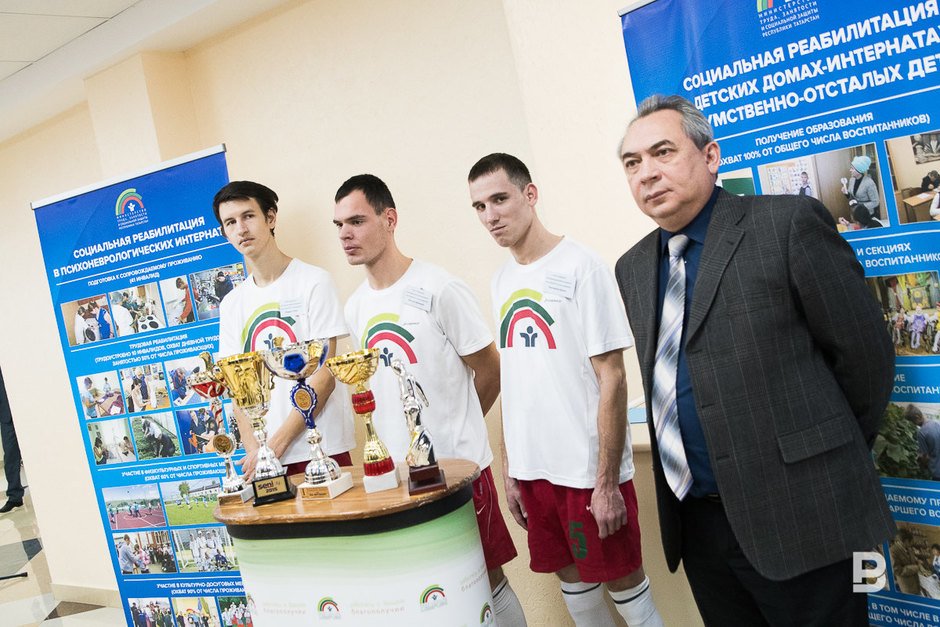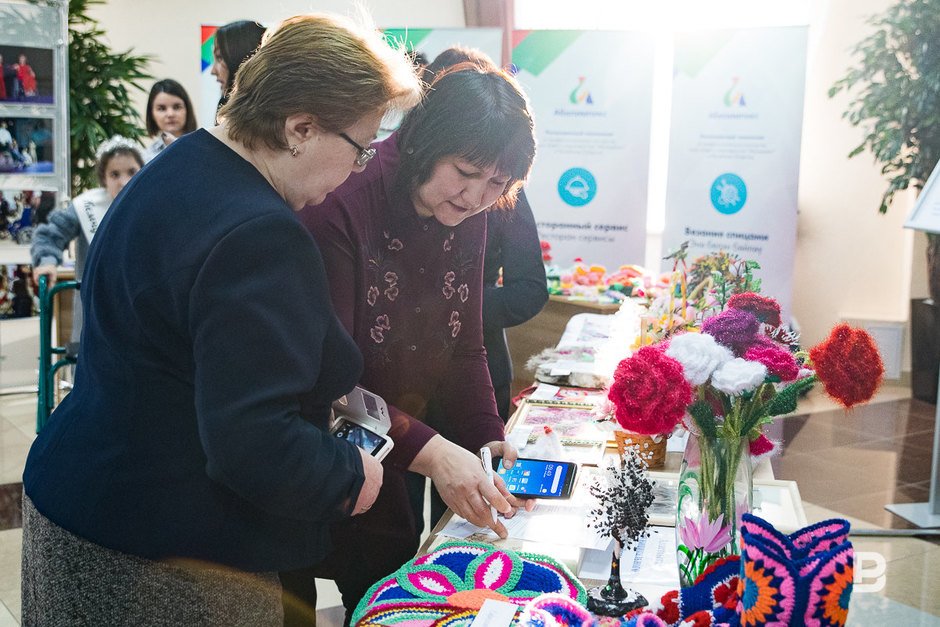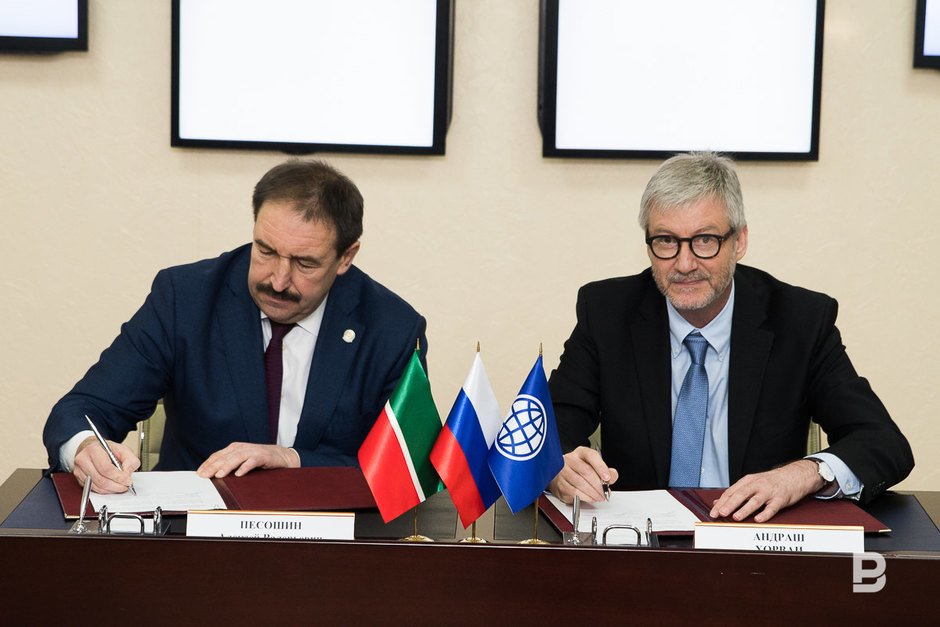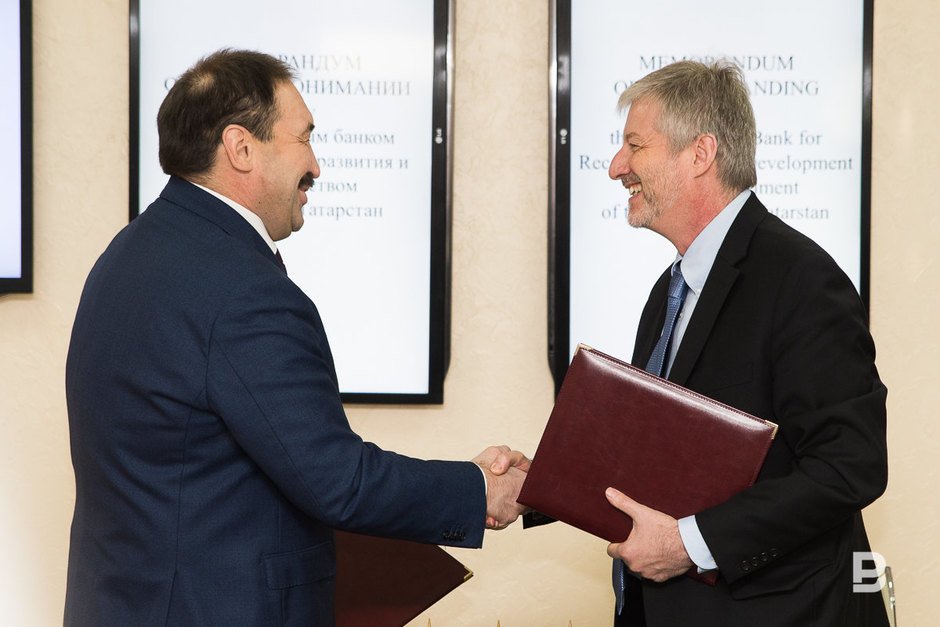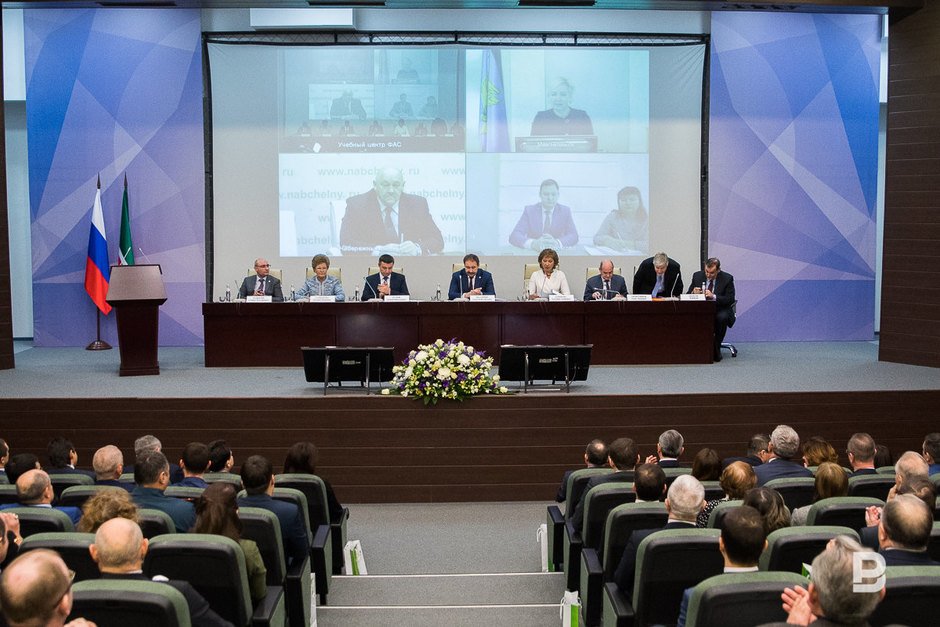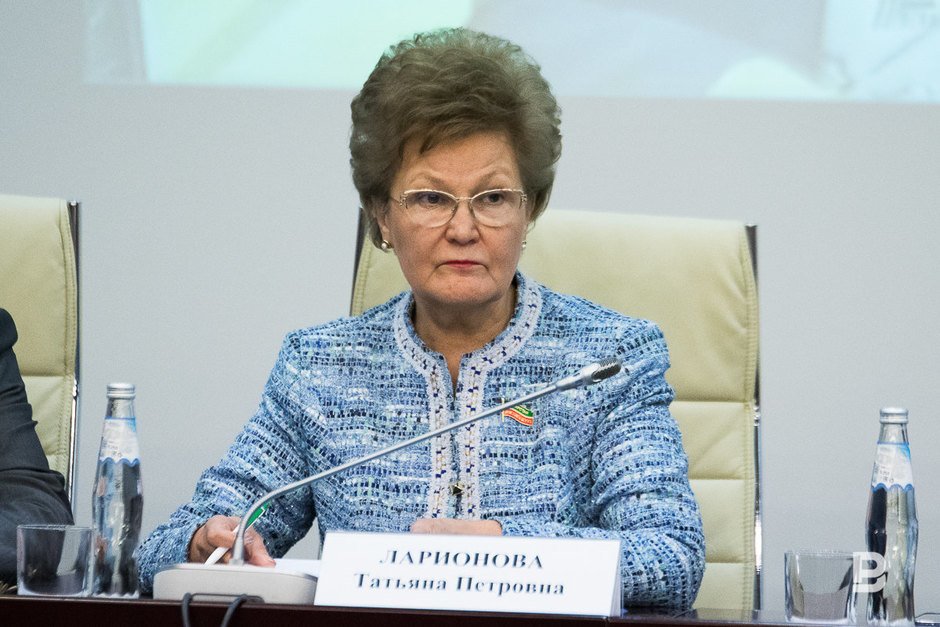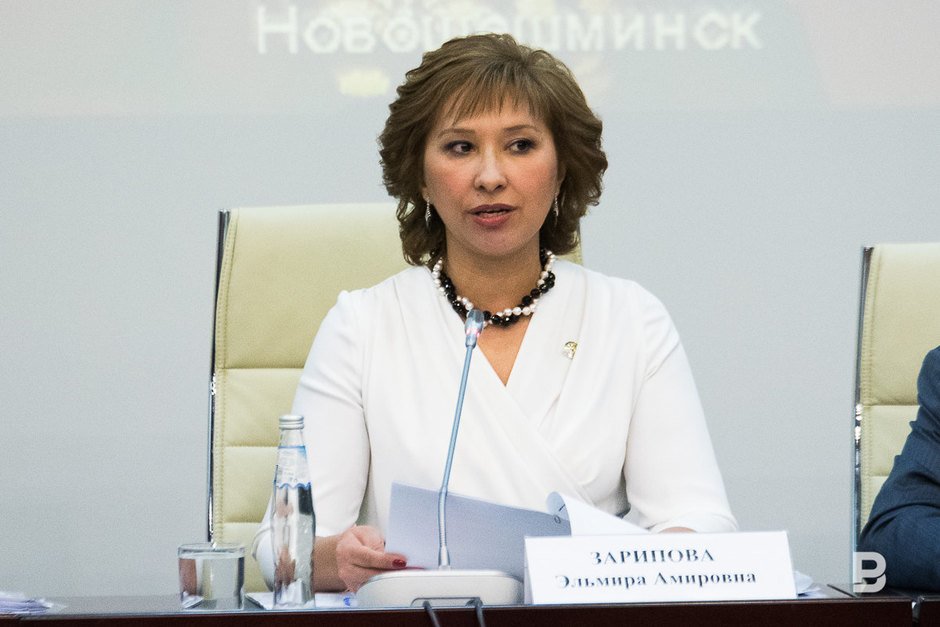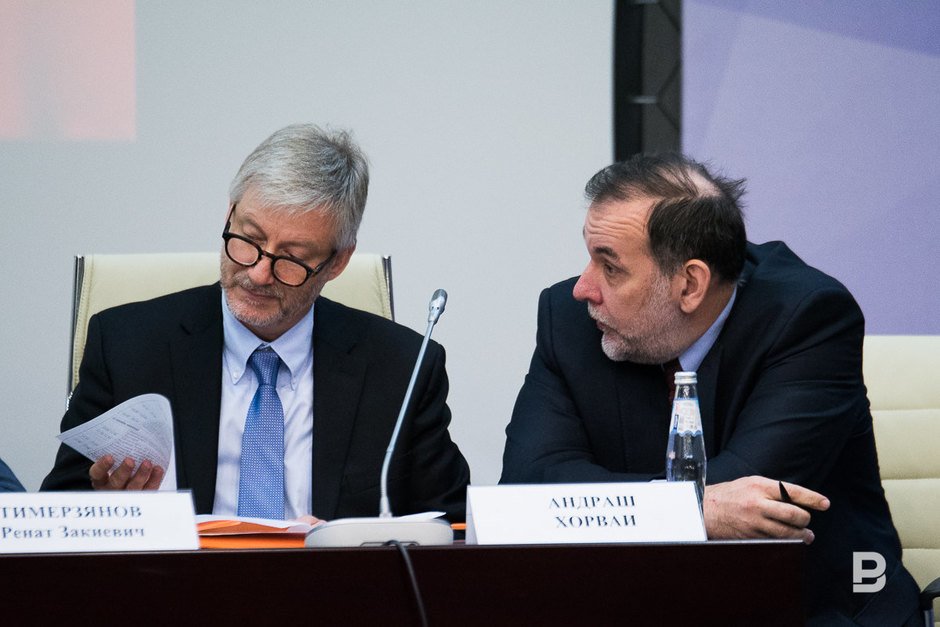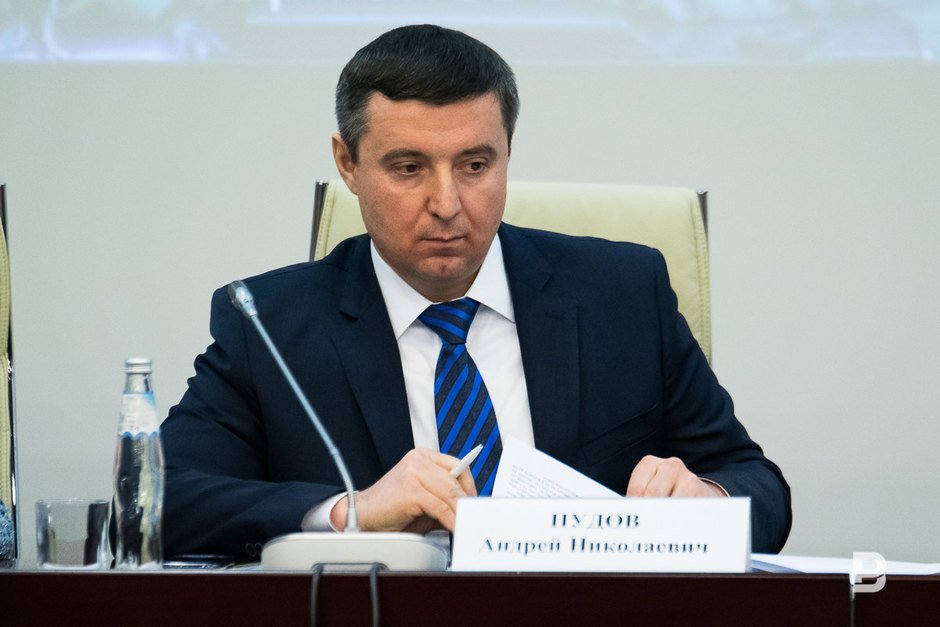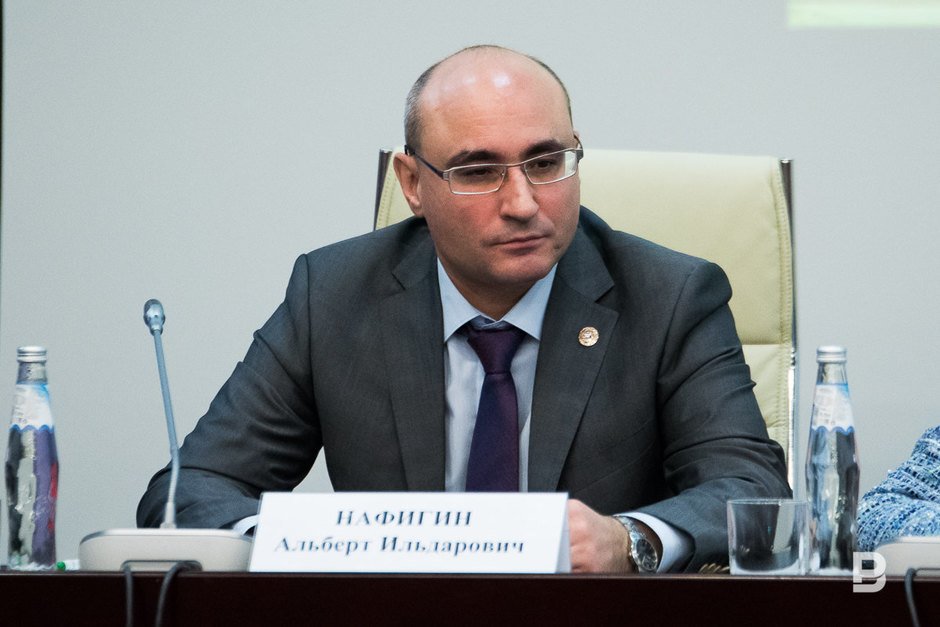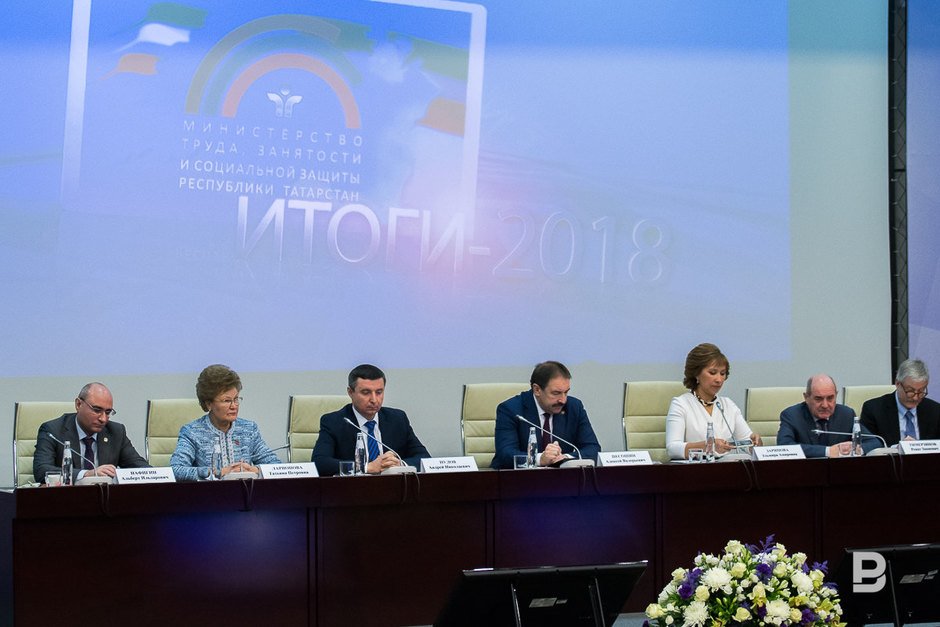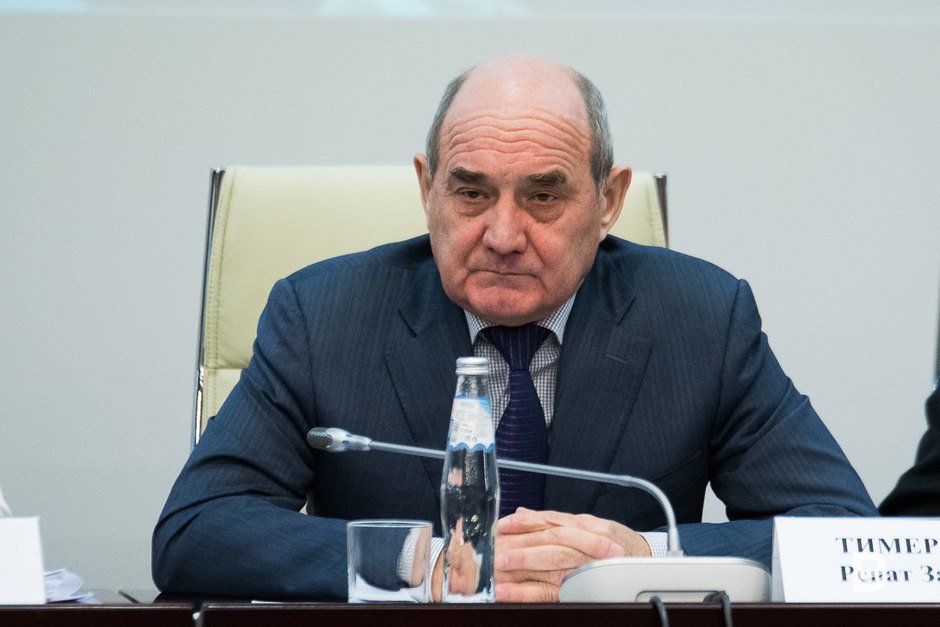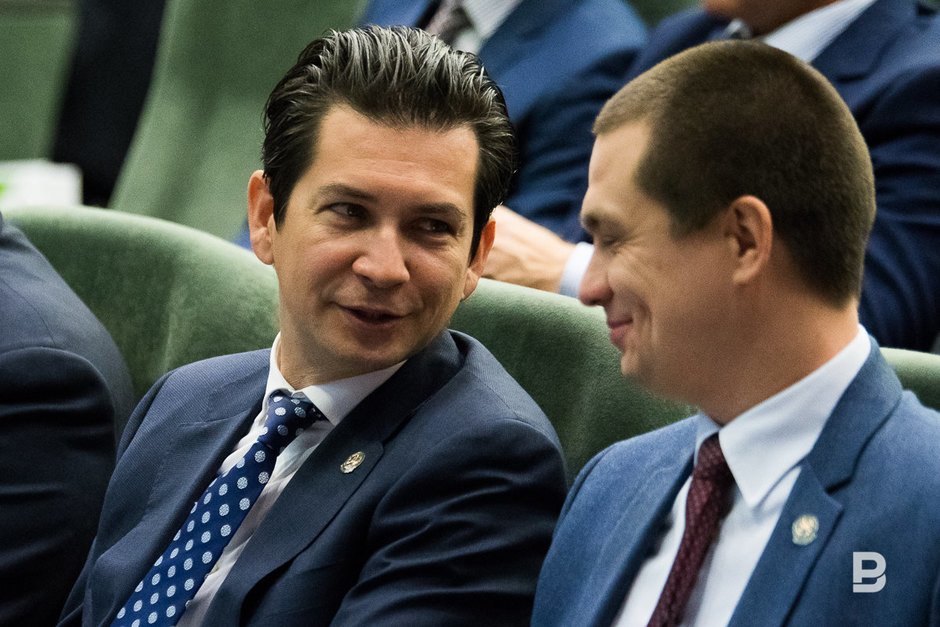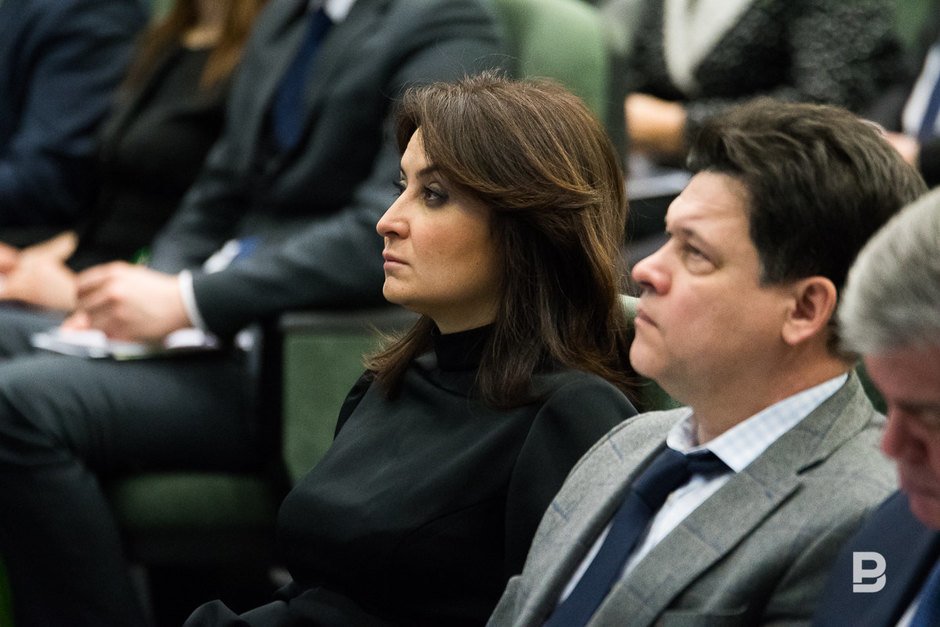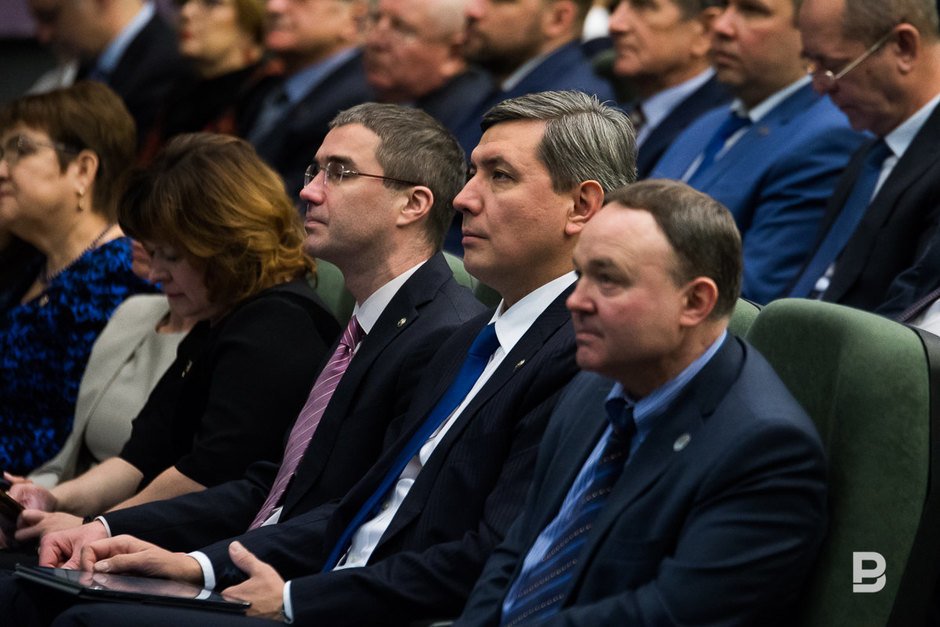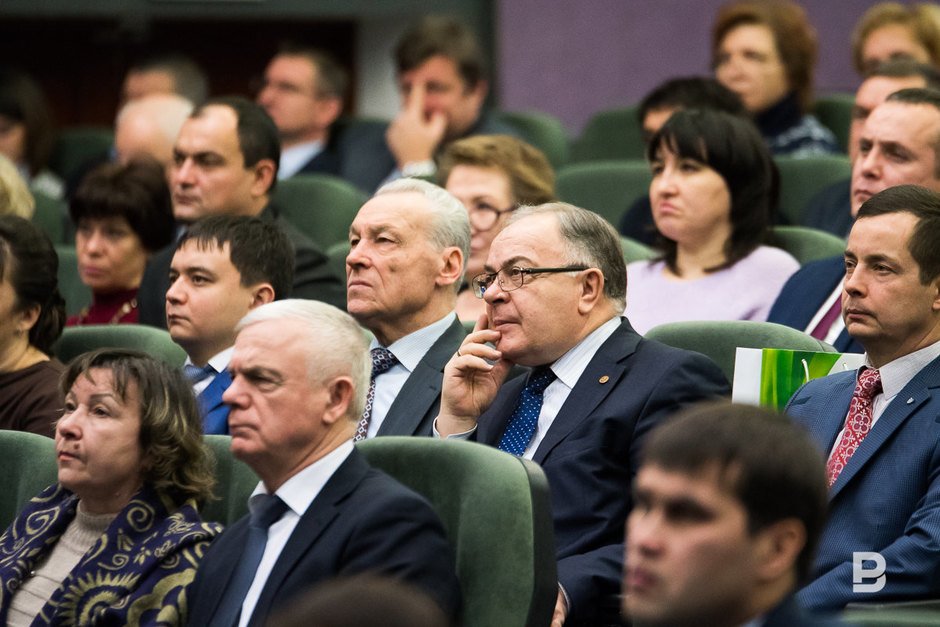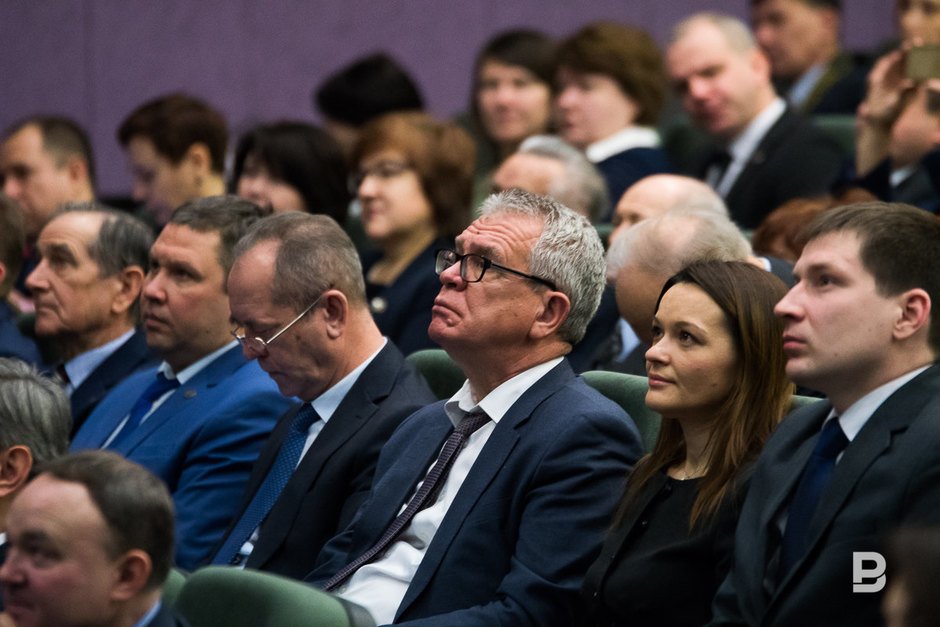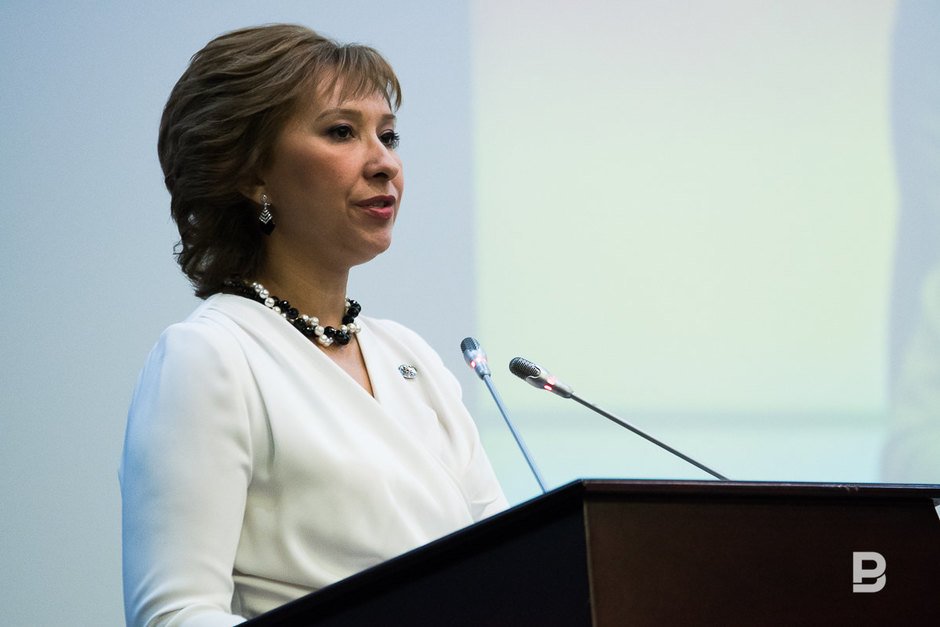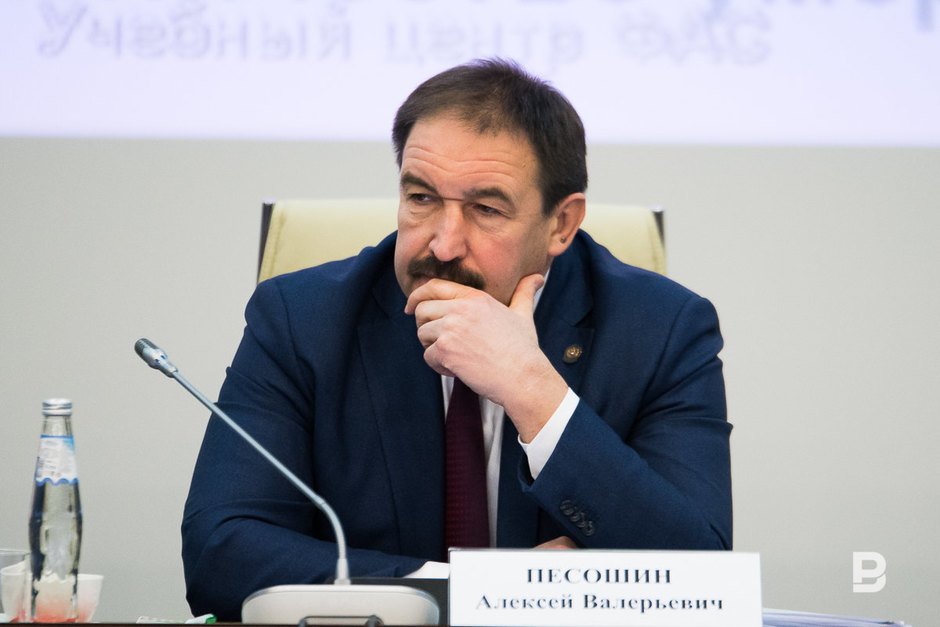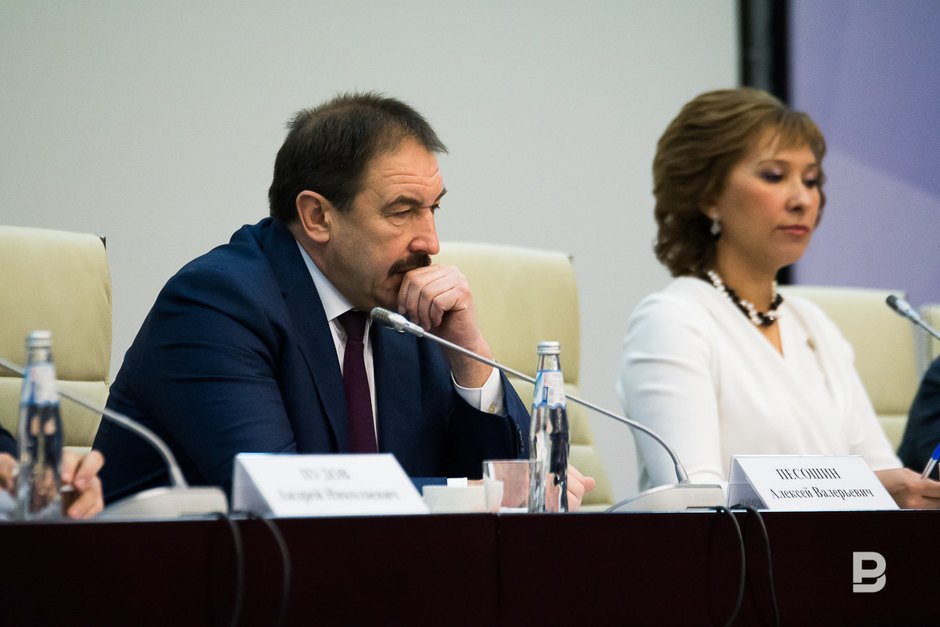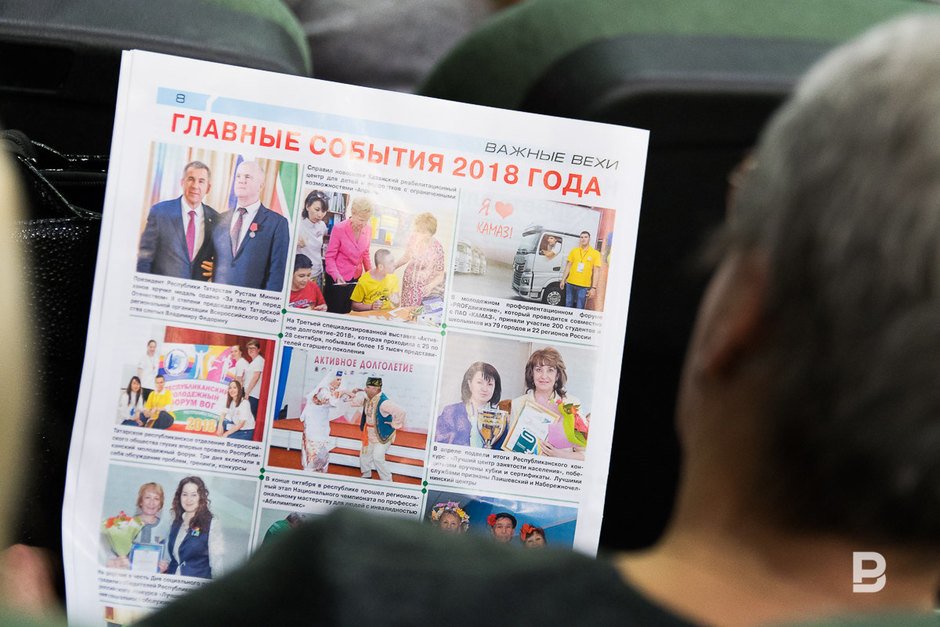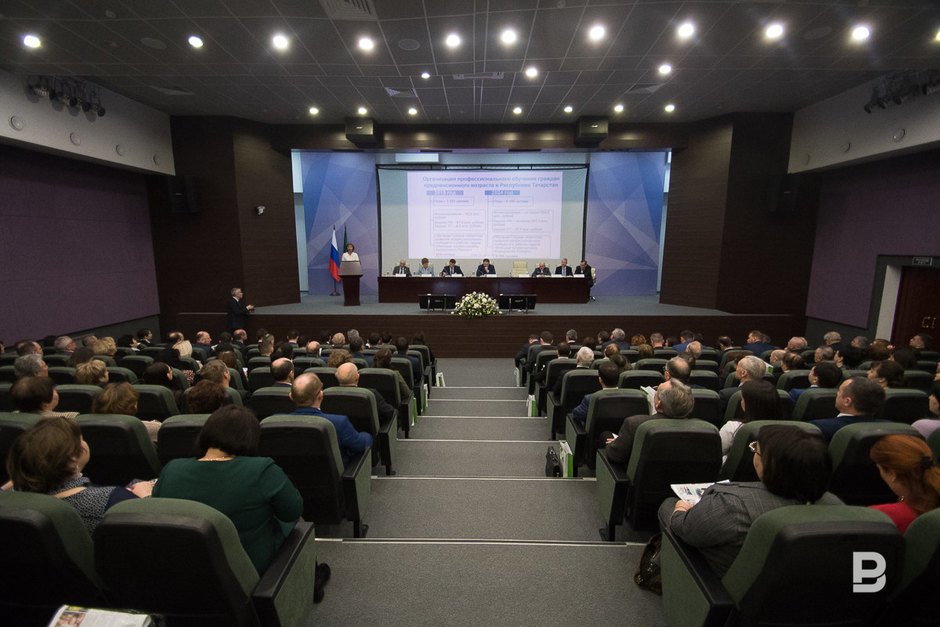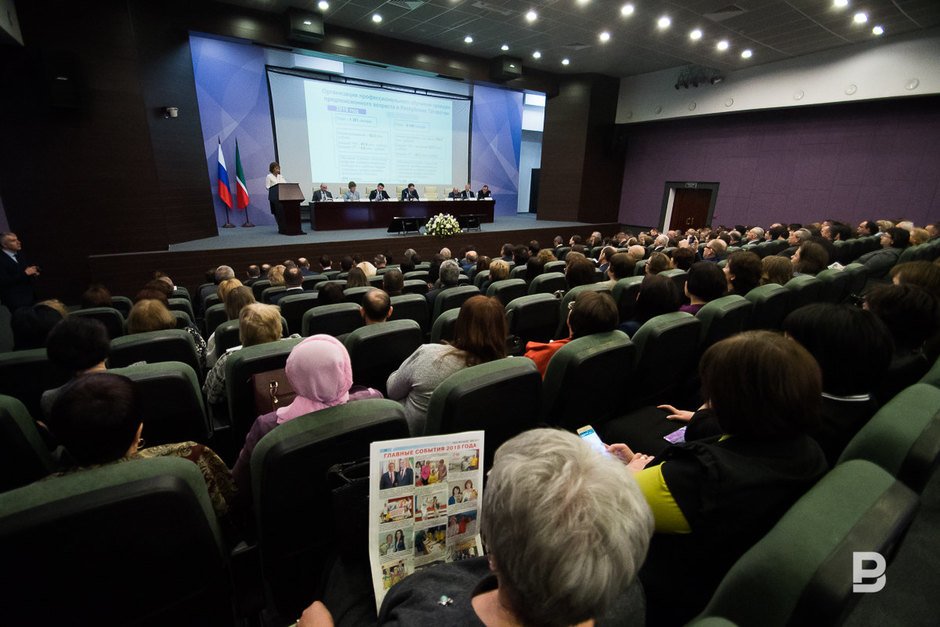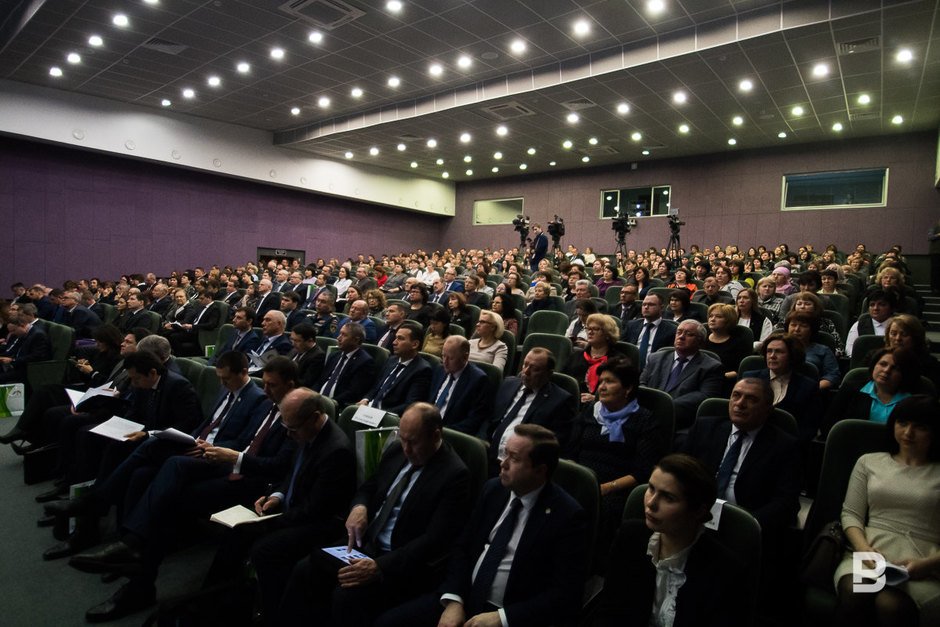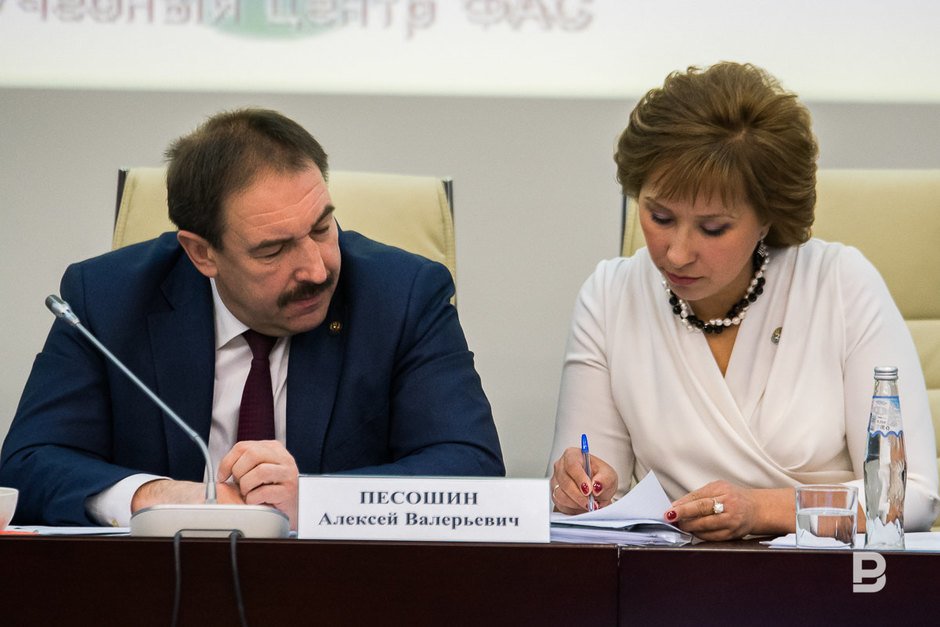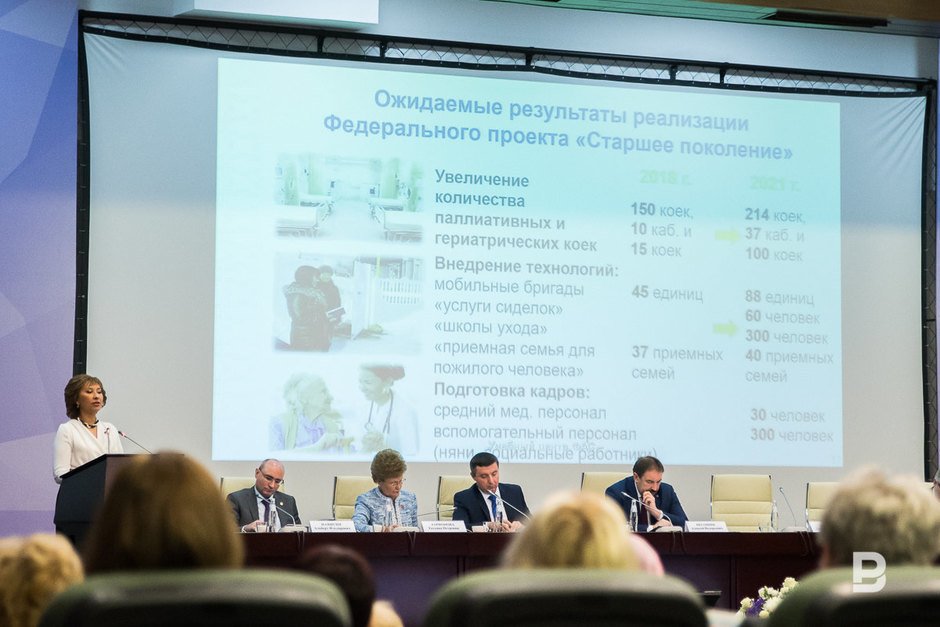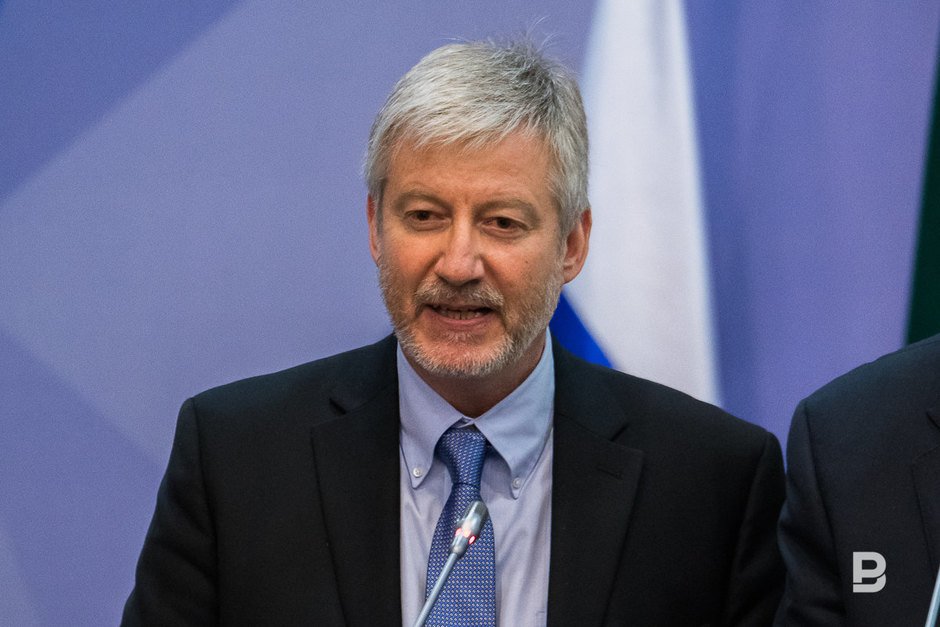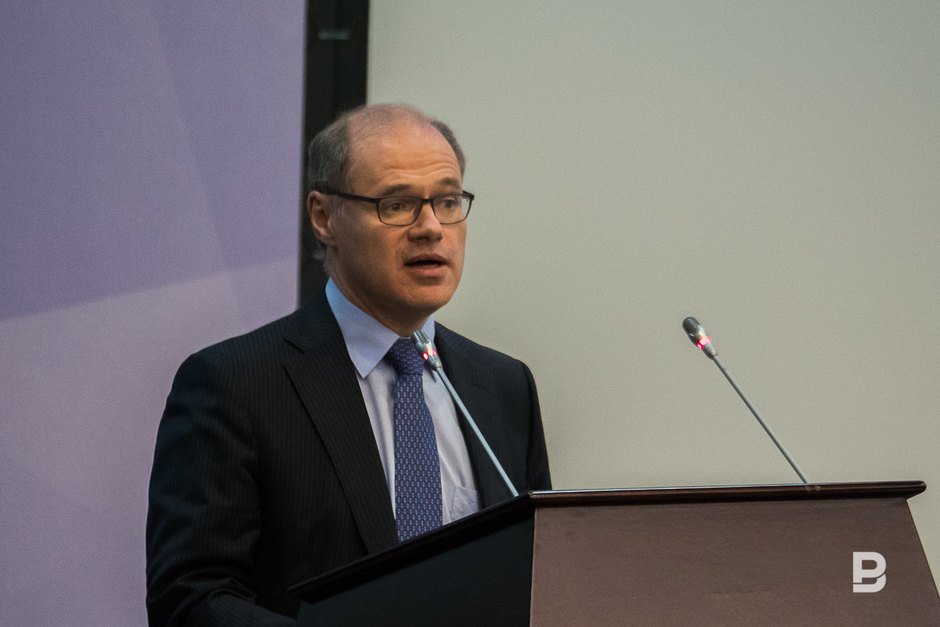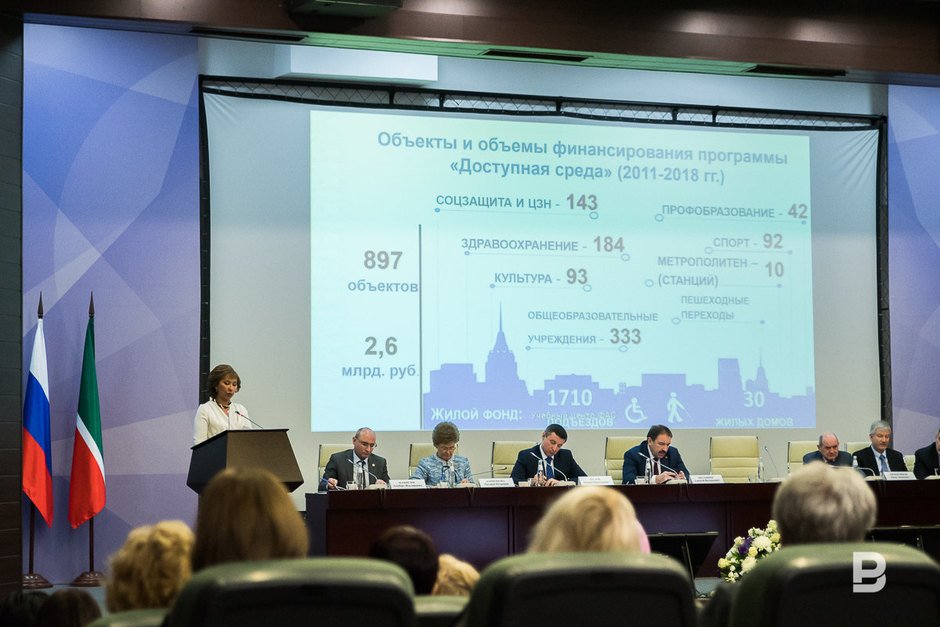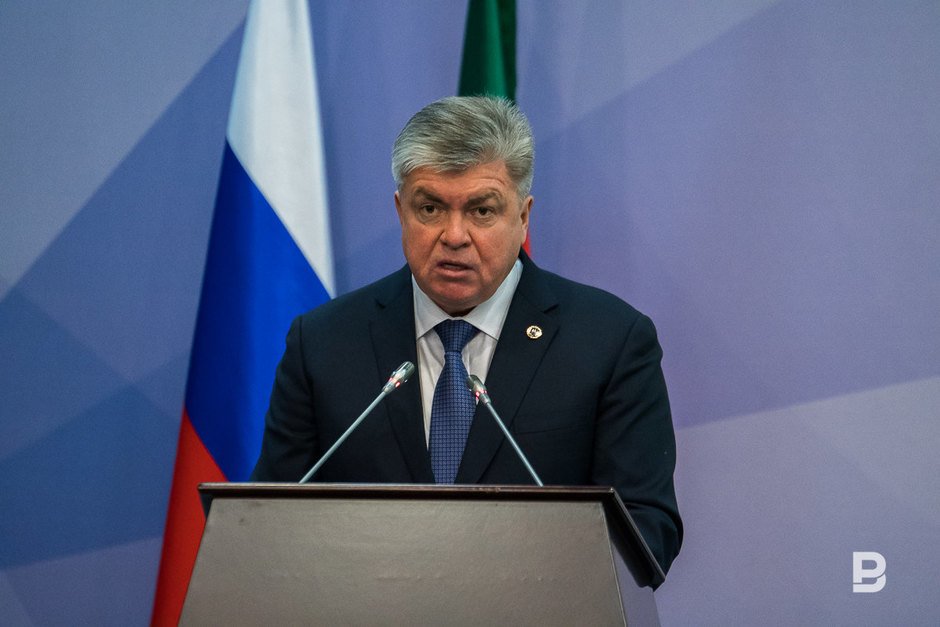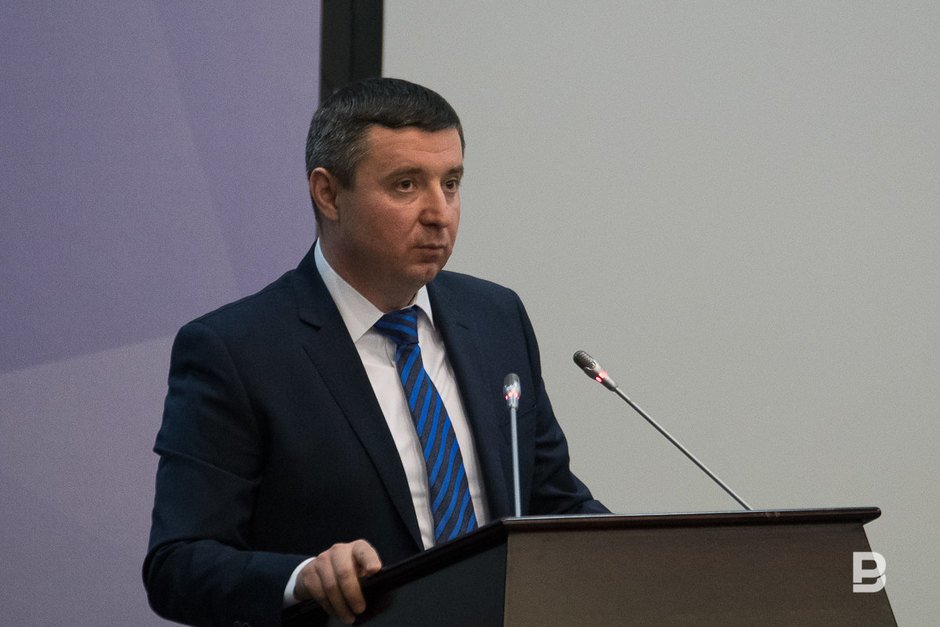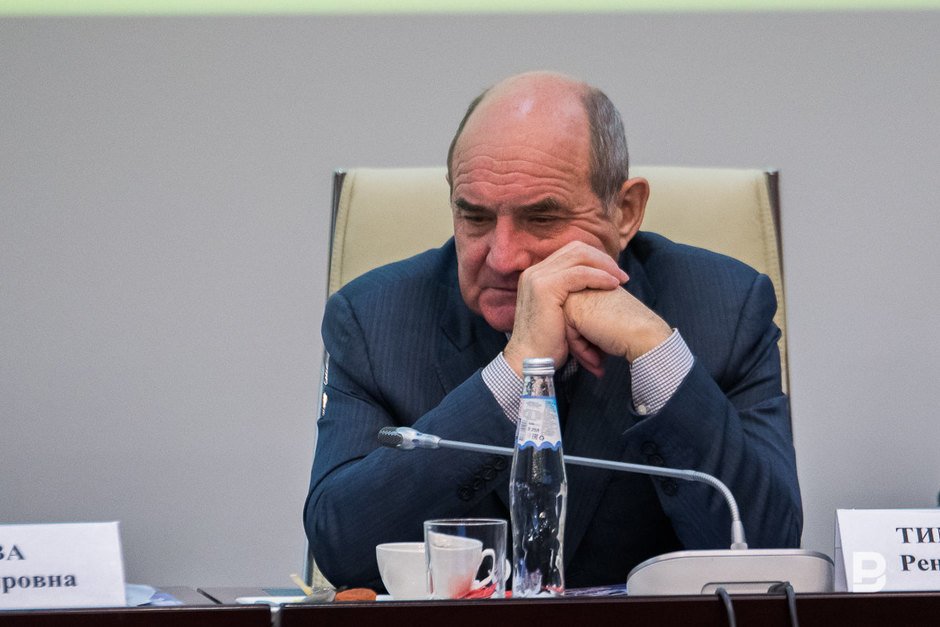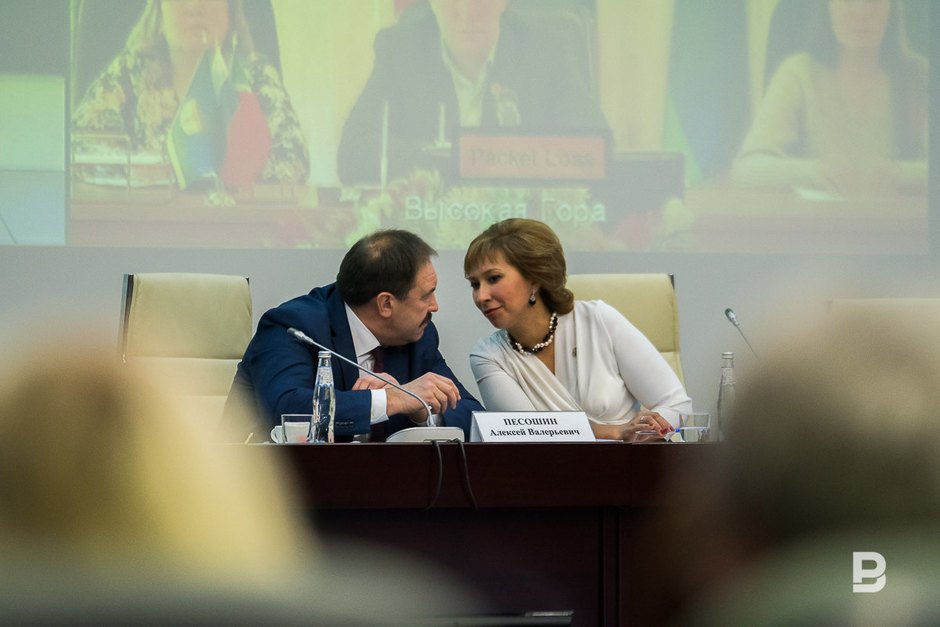Municipality leaders to report on natality, authorities – on poverty
Pre-pensioners will be taken under control, while the World Bank will help the needy
The Tatarstan Ministry of Labour, Employment and Social Protection had the final session on 10 January. There were three major issues, they will continue working on them in 2019. Firstly, it's demography. Heads of districts were natality is low were charged with literally entering every house and asking: 'Where are your children?''. The reduction of the poverty level is the second problem they will have to work on. It should be reminded that Tatarstan became a pilot region in solving this problem. Authorities of the republic invited experts of the World Bank to help. They analysed the situation in the labour market and came to paradoxical conclusions. The pension age increase is the third clause. Almost a new category of people who need protection has appeared – it's pre-pensioners. Realnoe Vremya tells the details.
Natality problem to be solved at the top
Natality in Tatarstan goes on falling. It's the first thing functionaries from different levels who gave a speech at the session of the republic's ministry of labour paid attention to. The only consolation is that it fell by 10% in 2017 and by 3,7% in 2018.
Heads of settlements where the state of affairs with demography is the worst were charged with controlling this issue. Moreover, they were asked to treat the instruction seriously – literally, go to the houses and find out why people don't hurry to conceive.
''To look at the contribution of each family to the birth of the first children, other kids. We will quarterly analyse the demographic situation in every municipality together with Vice Prime Minister Leyla Fazleyeva,'' Minister of Labour, Employment and Social Protection Elmira Zaripova threatened.
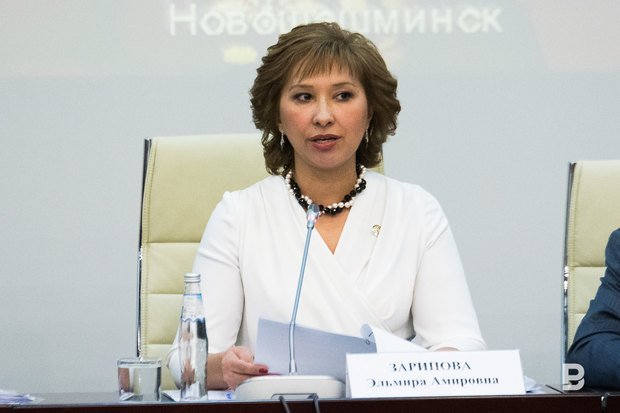
Demography is a part of Putin's May decrees. Regional heads will be called to report on the fulfilment of clauses. This is why the attention to this theme is explainable.
''The reduction in the natality level, demographic issues must in the centre of attention of the Tatarstan government, they require making management decisions,'' the session's VIP guest federal Vice Minister of Labour and Social Protection Andrey Pudov paid attention and evaluated Tatarstan's steps in supporting natality in the countryside. Women under 25 years who gave birth to the first children have been paid 50,000 rubles since 1 January 2018, women under 29 years who gave birth to the third child are paid 100,000 rubles.''
''We analysed the results – such complicated districts as Atna, Verkhny Uslon, Zelenodolsk, Apastovo from a perspective of demography gave us higher natality of first kids. Baltasi, Kukmor District have small growth, still, they have it. But we think 2019 will give us the main reserve,'' Elmira Zaripova expressed her hope.
Rod is to help the hungry
The second topical problem mentioned at the session was fight against poverty. Tatarstan became a pilot region where new methods will be applied. The point is not only to help with benefits and concessions but also learn to earn. According to official data, 13,2% of citizens in Russia earn less than minimum wage, in Tatarstan, it's 7,7%. As a rule, it's large families.
''There is such a concept as repeated poverty when a family is in a difficult situation, the first generation didn't manage to get out of it, and the next generation might be doomed. And, of course, distribution of benefits isn't the point. It's a decent level of salary, education that allows you to get a decent salary to maintain the family, and the whole social infrastructure. If there aren't kindergartens, decent health care, a woman won't be able to start working,'' Zaripova noted.
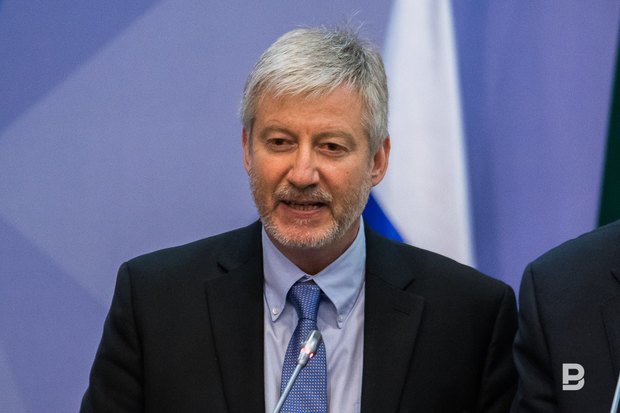
To understand whom to help in the project and how to help, a memorandum between Tatarstan and the World Bank, which will be a consultant, was signed on 10 December. Director and Resident Representative of the World Bank to Russia Andras Horvai noted that the creation of good job opportunities was the best mechanism for social protection. He surprised at the impact of the world economic crisis had on the labour market in Russia. While it provoked growth of unemployment in European countries, which reached 20%, Russia has unique dynamics due to crises – there are changes in salaries, not job opportunities.
Horvai probably meant real salaries were reducing but the Russians were ready to work for this money. Though, according to official data, an average salary, on the contrary, grows. It rose by 8,4% in 2018, it was proudly claimed at the session, and reached even 34,000 rubles! With such numbers, Tatarstan occupied the second place in Volga Federal District in salary level. Perm Krai is first.
Pre-pensioners to be taken under control
The third issue that will concert the social ministry in 2019 is linked with the pension age increase. There has appeared a new category of people who will need special attention, it's pre-pensioners.
''It's men and women who have five years to the pension age. Here, it's important for us to meet guarantees and not to allow violation of rights of this category of workers. 27,000 people will be in this category in 2019,'' Elmira Zaripova said.
The Tatarstan labour ministry took control in 9,000 enterprises to supervise how their rights are respected. In each of them, the number of pre-pensioners exceeds 100 people. It's planned to retrain 2,500 people of pre-pension age to have demanded profession this year.
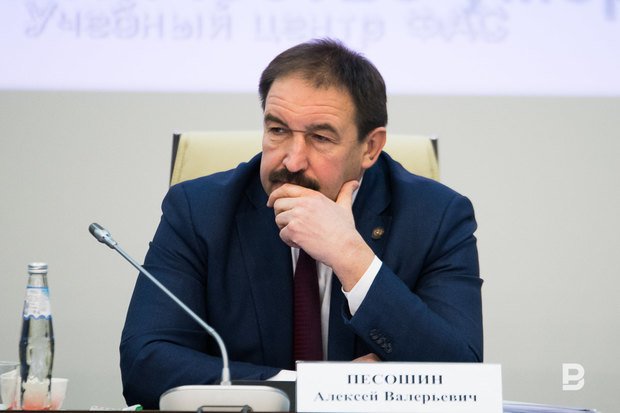
Making conclusions, Tatarstan Prime Minister Aleksey Pesochin instructed to create a hotline to help the pre-pensioners. He reminded his colleagues-functionaries of ambitious tasks to increase natality and certain results that must be achieved here:
''A big interdepartmental job is ahead,'' he said. A separate instruction was given to Minister of the Youth Damir Fattakhov.
''Mr Fattakhov, I ask to create tours for disabled children. You have experience in creating them in Volga camp,'' Pesoshin said.
Available environment and targeted help for the needy
Deputy Minister of Labour and Social Protection of Russia Andrey Pudov highly praised work of the Tatarstan ministry having evaluated the job done to reduce the informal labour market and pinned his hopes on the law on self-employed people where Tatarstan will take part as a pilot region. Putov noted the high social protection level in the republic, particularly that 77% of all measures are targeted. By the way, it's what Ruslan Yemtsov, head of projects on social protection of the World Bank, noted.
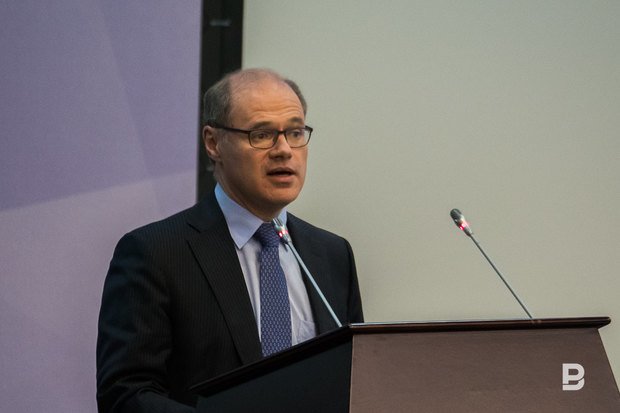
''We saw how much money spent on social help is given to the needy. This indicator in Tatarstan is three times higher than in Russia, in general. It means that budget money is spent here more effectively,'' Yemtsov said.
Pudov paid attention to another detail that distinguishes Tatarstan from other Russian regions, it's Available Environment project.
''Tatarstan turned out to be among the first regions that weren't afraid to use federal money. Paces don't reduce here, 897 facilities have already been adapted, the total sum is 2,6bn rubles. I offered to test and saw that the project Available Environment was confidently implemented in Tatarstan, and we see that people with disabilities can use all facilities of the social infrastructure,'' Andrey Pudov concluded.
